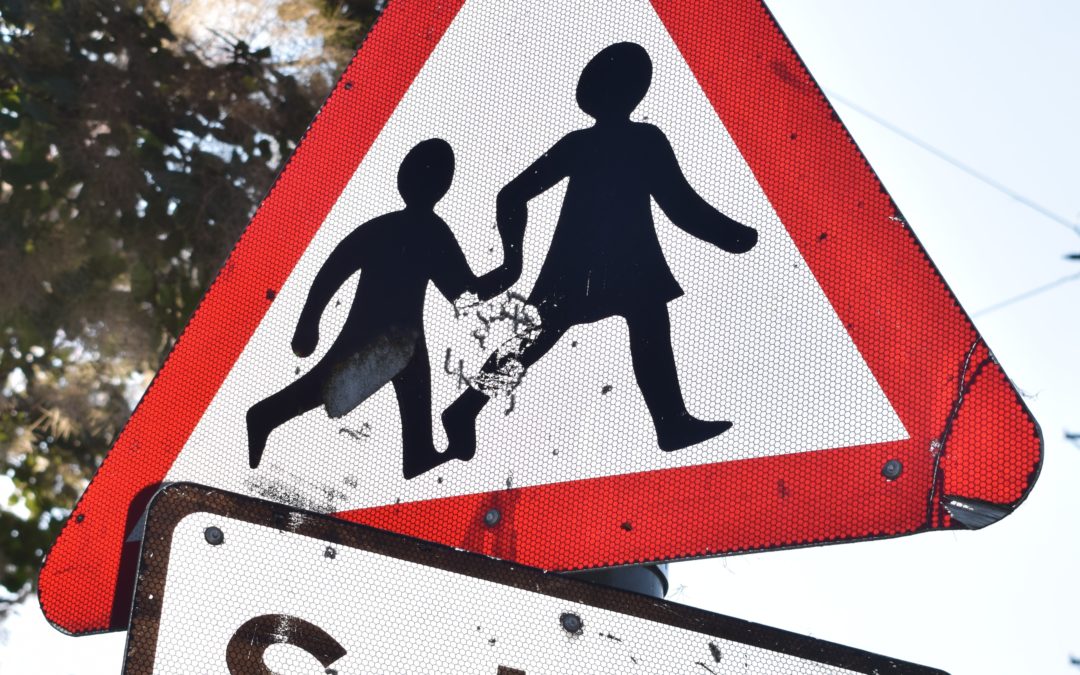As a dad, you have responsibilities for making sure that your child gets a full-time education between the ages of 5 years – 16 years old. But what happens if your child is truanting? What does truancy even include? Find out more with Dad Info…
Your Responsibilities
You are legally responsible for making sure that your child gets a full-time education, and this must cover them between the school term after their 5th birthday and the last Friday in June in the school year they turn 16.
There are different options for how you do this – this can be through school, or through home education.
Truancy is also known as unauthorised absence, and can include situations where parents know and support their child to be absent from school without permission, such as for term time holidays.
Why is truancy a problem?
There are lots of reasons that truancy suggest a problem, or could lead to future problems:
- WHY doesn’t your child want to attend school? Could it be an issue they are having with their learning? An issue with other children attending? Finding out the root cause of what is leading to the desire to avoid school is really important in helping address the issues.
- Not attending school as often as needed, has a direct impact on your child’s learning and education. Without attending the necessary lessons, they do not do as well in tests, assessments and exams – which can have big implications for their future work and career choices.
- If your child doesn’t attend school regularly, their attendance records could suggest to future employers that they are unreliable. Furthermore, it might get them in the habit of not committing to attend, which can make the realities of turning up to work each day, at a set time, a real shock.
- Hanging around with nothing to do during school hours means that your child has time to kill. Research has shown that this can lead to criminal or antisocial behaviour.
- As your child’s parent, you have responsibility for them and if they are not attending school, depending on the reasons and your response, you could get fined for their non-attendance, or even be prosecuted.
Difficulties with attendance
There can be lots of reasons why children may not attend school when they should – from your child skipping school without your knowledge (which could happen for various reasons), to difficulties at home meaning you find it difficult to get them there.
- If you are having difficulties at home, and it is making it difficult for you to get your child to school and home again, there can be support available to you. Talk to the headteacher at the school about the situation, and see what support they can suggest or signpost you to.
- How engaged you are with your child’s school life makes a big difference to how they view school, and therefore, how likely they are to want to participate fully. Ask your child about their day and go to parents’ evenings and other events like Sports Days if possible.
- If your child becomes reluctant to go to school, try and talk to them about why this is. Sometimes issues can be nipped in the bud earlier, preventing them from becoming bigger issues, leading to behaviour like truanting, later on. If you need the schools support to deal with an issue, or you cannot get to the bottom of what is happening, go and speak to your child’s teacher or headteacher so you can all work together. Your child might be having difficulties in class with their learning, or being bullied (either at school or even on the journey to and from school), or it might be something else – sometimes by all working together, it is easier to see the bigger picture of what the problem is, and how to solve it.
- If you think your child is truanting, it can be tempting to cover it up to help protect them and yourselves from criticism, but don’t ignore it. Truancy is a way of a child expressing that something is wrong, and they will need help to solve the situation – turning a blind eye doesn’t help them with this.
- Remember that school will want to help your child attend school, so at any time you have a concern, Don’t be afraid of talking to them if you have any worries or concerns.
Have you/are you supporting your child through truancy? Talk to other dads for support in the Dad Info Forum.








